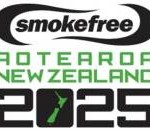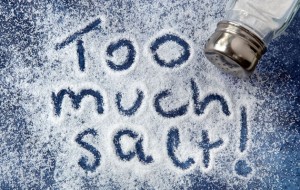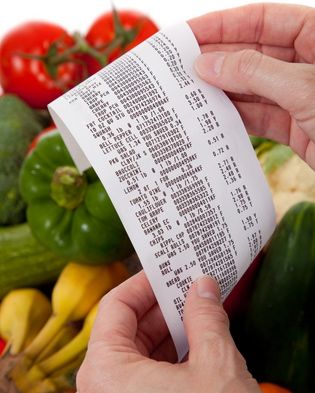Associate Professor Nick Wilson, Professor Richard Edwards, Associate Professor George Thomson, Frederieke S van der Deen, Dr Cristina Cleghorn, Professor Tony Blakely
 Previously published NZ-based modelling work has explored business-as-usual trends in smoking prevalence, and the potential roles of interventions such as higher regular tobacco tax increases in achieving the NZ Government’s Smokefree Nation 2025 Goal. As best we can model, 10% per annum increases in tobacco tax alone will not be able to achieve the 2025 Goal. In this blog post we outline our favoured package to achieve the 2025 Goal which is ongoing increases in tobacco taxes, intensification of existing evidence-based tobacco control activities and implementation of a major new ‘endgame’ strategy (such as denicotinisation). This package, especially a new endgame strategy, faces political and implementation hurdles that need research, policy analysis and advocacy to overcome.
Previously published NZ-based modelling work has explored business-as-usual trends in smoking prevalence, and the potential roles of interventions such as higher regular tobacco tax increases in achieving the NZ Government’s Smokefree Nation 2025 Goal. As best we can model, 10% per annum increases in tobacco tax alone will not be able to achieve the 2025 Goal. In this blog post we outline our favoured package to achieve the 2025 Goal which is ongoing increases in tobacco taxes, intensification of existing evidence-based tobacco control activities and implementation of a major new ‘endgame’ strategy (such as denicotinisation). This package, especially a new endgame strategy, faces political and implementation hurdles that need research, policy analysis and advocacy to overcome.
Continue reading →
 What does Victoria University have in common with Stanford, the Australian National University and the British Medical Association? They have all decided in the last few months to sell off their interests in fossil fuel companies. In this blog post we briefly explore the arguments around such disinvestment from a public health perspective.
What does Victoria University have in common with Stanford, the Australian National University and the British Medical Association? They have all decided in the last few months to sell off their interests in fossil fuel companies. In this blog post we briefly explore the arguments around such disinvestment from a public health perspective.



